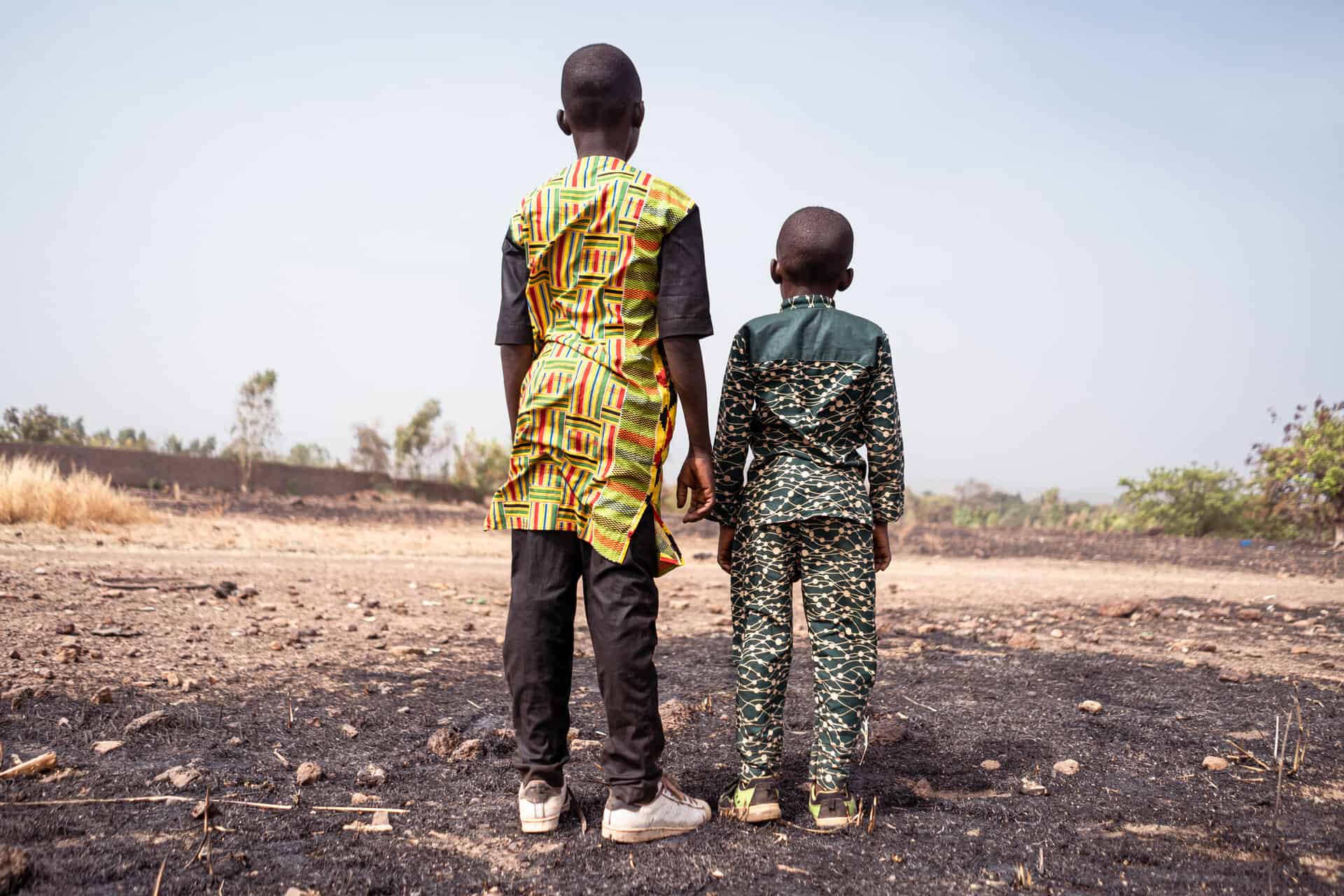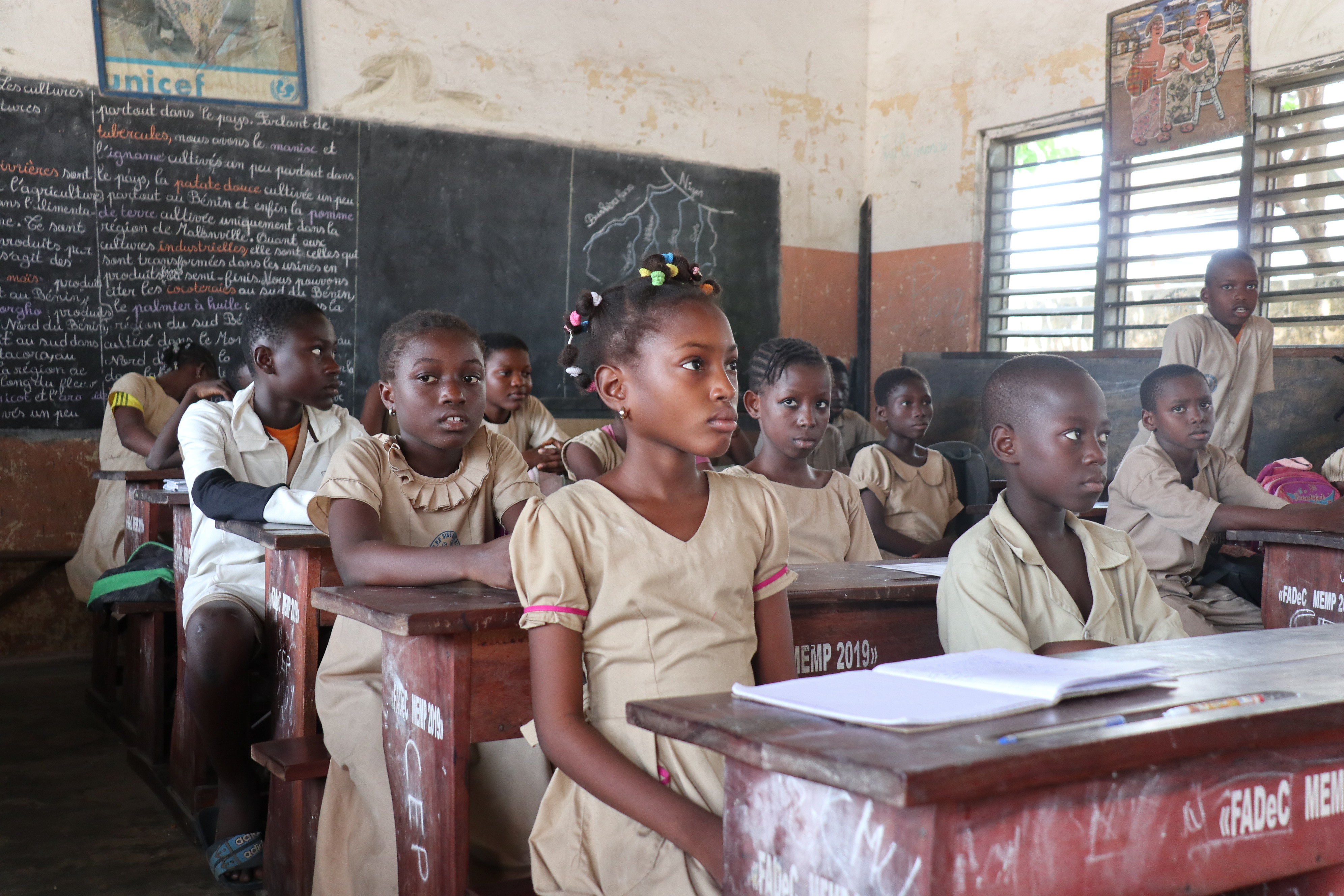The number of children not attending school is rising for the first time in decades. Without immediate action by all countries, this figure will continue to rise. is likely to increase, depriving millions of children, men and women of their fundamental rights, warns Action Education on the occasion of International Education Day 2024 (24 January).
The right to education for every individual is enshrined in the Declaration of Human Rights and reiterated in the Convention on the Rights of the Child, the first legally binding text to recognise children as subjects of rights in their own right. But despite the adoption and recognition of these texts decades ago, 1948 for the first and 1989 for the second, the right to quality education is far from being a reality everywhere in the world.
250 million children deprived of their right to education
Worse still, this right is being eroded. Despite a general mobilisation to advance education for all since the 1980s, 250 million children are still on the sidelines in 2023. This figure has stagnated for several decades, mainly because of poverty and social and gender inequalities.
But this year, this figure has risen suddenly by more than 6 million. This is largely due to the consequences of the crises and conflicts that have been multiplying over the last few years (impact of the COVID crisis, increase in the cost of raw materials and energy, conflicts and the Taliban's decision in Afghanistan not to authorise education for girls) and which have led to a massive drop-out of children, particularly girls and teenagers.
Children deprived of their fundamental rights
For these young girls and boys, who are often very poor and discriminated against, being deprived of an education does not just mean not knowing how to read, write or count. It also means being deprived of a minimum of one hot meal a day, care, protection and play.
For those living in situations of prolonged crisis or conflict, the situation is even more dramatic. Today they are 224 million children living in crisis and in urgent need of education. Among them, 127 million children do not go to school at all. For these children, some of whom have known nothing but war, violence and fear, the trauma is absolute. More than ever, without school, they find themselves alone, with no childcare professionals to support them, no psychosocial support, no reference points other than the daily violence and deprivation, and no ability to rebuild their lives and envisage a different future.

Two African children stand desperately in front of a burnt wheat field, a symbol of the climate crisis and global warming.
Adequate funding to make the right to education a reality
What kind of future will these children and young people have, deprived of their fundamental rights? What kind of citizens will they become and how will they be able to contribute to tomorrow's society? They won't, and we will all be responsible.
The right to education for all is a priority for a just and sustainable world in the future, as all States affirmed when they adopted the Millennium Development Goals in 2015. Sustainable Development Goals (SDGs),. But with less than 7 years to go before the MDGs are reached, it will no longer be enough to say so. It's time to stop the rhetoric about virtuous education for all, without allocating the necessary human and financial resources: governments must allocate 15 to 20% of public spending to national education, as recommended by the World Bank. UNESCO for decades, and donor countries have allocated at least 10% of their Official Development Assistance to basic education.
Finally, education in emergency situations, recognised as the 4th pillar of humanitarian action, must finally stop being the poor relation (funds for education in emergency situations received 1.1 billion in 2022 compared with estimated needs of over 3 billion). Without adequate funding and faced with a growing number of crises, starting with climate change, education for all will remain an unattainable myth, leaving a growing number of children and young people behind and jeopardising the very future of the world.






